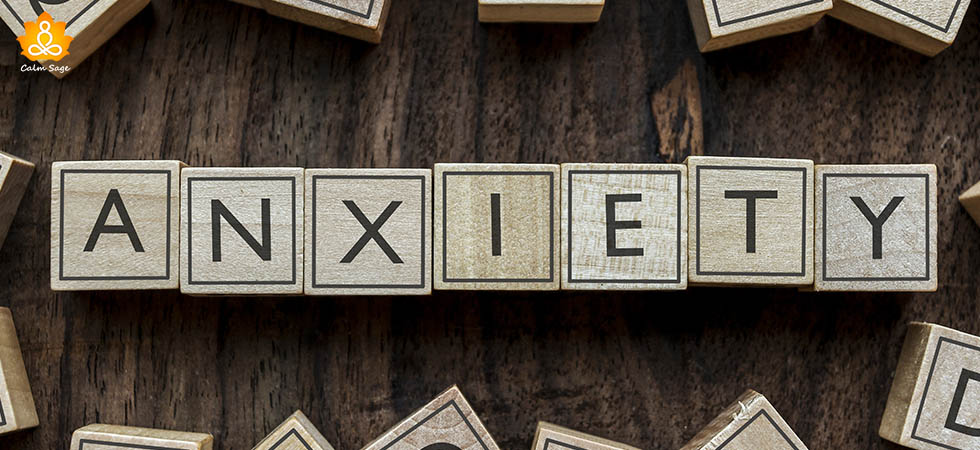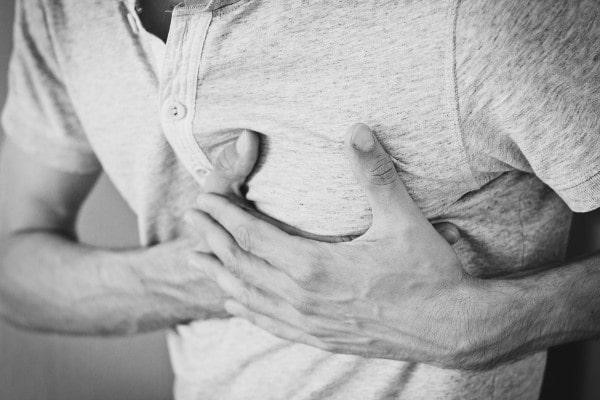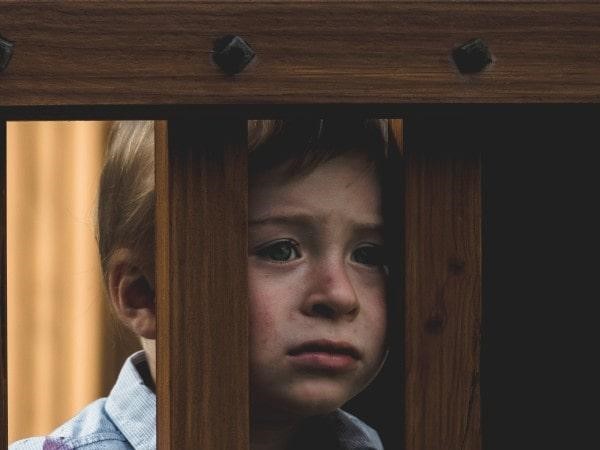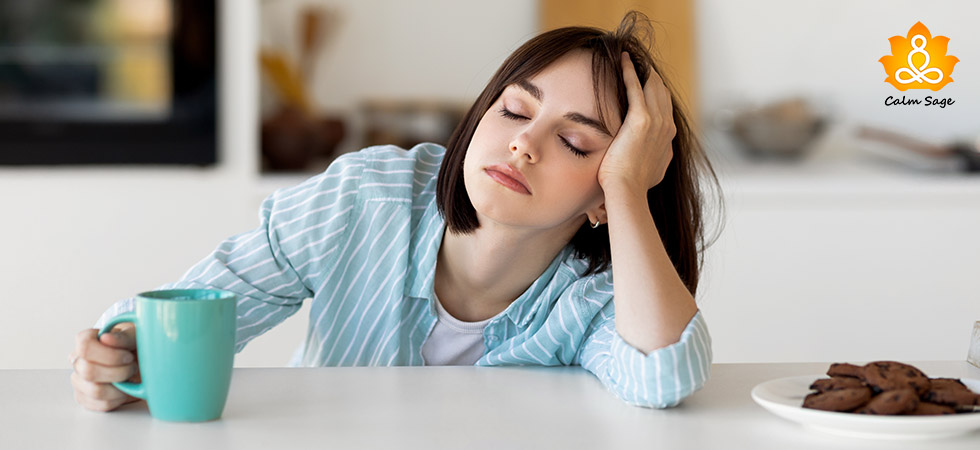8 Surprising Facts About Anxiety You Need To Know!
Anxiety is one of the most common mental health disorders in the world and can evolve from risk factors such as genetics, a chemical imbalance in the brain, and life events. There are major misconceptions and stigmas surrounding anxiety that we need to remove.

“Our anxiety does not empty tomorrow of its sorrows, but only empties today of its strengths.” – C. H. Spurgeon
That’s what anxiety does to us, doesn’t it? It takes away our strength and leaves us wondering and worrying about our tomorrow. Out of every 5 people, 1 person has anxiety or anxiety-related disorder. Most believe that having anxiety means having feelings of nervousness and restlessness but, in truth, having anxiety means experiencing distressing and persistent thoughts that make our daily functioning difficult.
These misconceptions regarding anxiety prevent many people with such issues and disorders to reach for help.
In this article, I’ll talk about some more surprising and interesting facts about anxiety that you probably didn’t know before:
From Fiction To Facts….
Fact #1: Anxiety Can Be Genetic

There are no definitive causes recorded about why and how people develop anxiety. But there are studies that show that people with a family history of anxiety or anxiety-related disorders are more likely to develop anxiety as well. If someone in your family or one or/and both your parents have an anxiety-related disorder or any other mental health disorder, then there is a high risk of you developing anxiety. Situational stress, traumatic events, or environmental stress can also trigger anxiety.
Fact #2: Anxiety Can Cause Physical Pain

While anxiety can affect your ability to focus on simple tasks and can cause restlessness and irritability, it can also cause physical pain. People with anxiety have reported experiencing weakness, shortness of breath, increased heart rate, nausea, hot flashes, muscle or joint pain, and stomach pain.
Fact #3: Certain Foods Can Also Affect Your Anxiety

People who consume foods such as vegetables, fruits, meat, fish, and whole grains are less likely to experience anxiety than those who consume foods such as processed or fried foods, refined grains, alcohol, and caffeine-induced products.
Facts #4: Women Are More Likely To Develop Anxiety Than Men

In a study by the Anxiety And Depression Association Of America, it was found that women are more sensitive to cortisol, the stress hormone, reaction to their body than men. It was also shown that the female brain took a longer time than the male brain to process serotonin, the feel-good hormone. A woman’s flight-or-fight response is more responsive to stress and anxiety than men.
Fact #5: Anxiety Can Be Linked To Depression

There are many people who may claim that anxiety is just a trigger of depression but in another research, it was shown that women with a generalized anxiety disorder or GAD were more at risk of developing depression. People with chronic depression exhibit mental and emotional symptoms of anxiety just like people with chronic anxiety may exhibit mental and emotional symptoms of depression.
Fact #6: Anxiety Is Responsive To Treatments

One of the most effective treatments for anxiety is psychotherapy and/or a combination of psychotherapy and prescribed medications. Cognitive-behavioral therapy (CBT) is a short-term therapy treatment that helps people figure out alternative healthy coping skills to deal with anxiety. For people with mild to moderate anxiety, psychotherapy alone should suffice but in more chronic cases, a therapist might prescribe anti-anxiety medications along with psychotherapy to help.
Bottom line: Therapy does help!
Fact #7: Anxiety Develops During Childhood

Symptoms of anxiety develop around the time when a child is 6 years old. Young children are not usually able to explain verbally their emotional and mental symptoms but they are able to explain the physical symptoms quite easily. Frequent stomach aches, headaches, restlessness, social withdrawal, and temper tantrums may all be signs of anxiety in a child.
If your child exhibits such symptoms frequently, it is recommended that you ask a children’s counselor for help.
Fact #8: Anxiety Can Cause Memory Loss
People with anxiety or anxiety-related disorders often struggle to stay in the now and focus on the task at hand and this behavior can weaken their memory retaining ability. Often, people with GAD struggle with an inability to control their worries and are more focused on thinking about something that hasn’t yet happened. This means that they are likely to think ahead and anticipate worry over something that may or may not happen in the future. This can take away their attention and can cause them to forget simple things such as keys and wallets behind.
Get Help

If you think that your anxiety is affecting your daily activities and is affecting your work performance, productivity, and personal relationships, then you should reach out to your mental healthcare provider for help.
At Calm Sage, we have trained and licensed counselors just a click away who are available to help you with anxiety and depression. You can connect with them on our services page or you can also write to us at info@calmsage.com.
Anxiety is a pretty normal and even helpful response that helps you keep your mind sharp at times. There is nothing wrong with being anxious but if your anxiety is causing you trouble and is affecting your overall well-being, then it is something you need to talk about.
Trust your instincts, breathe deep, smile, and let go…




















